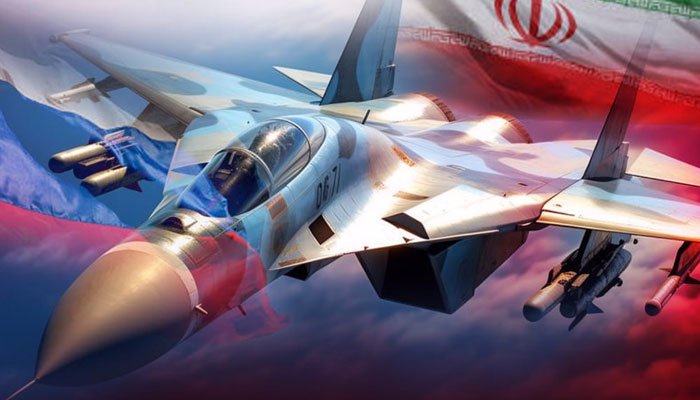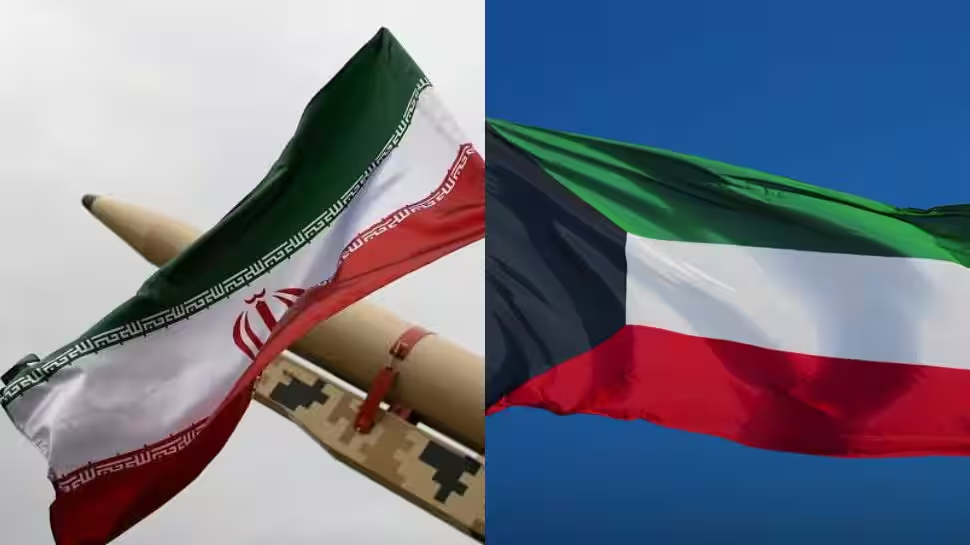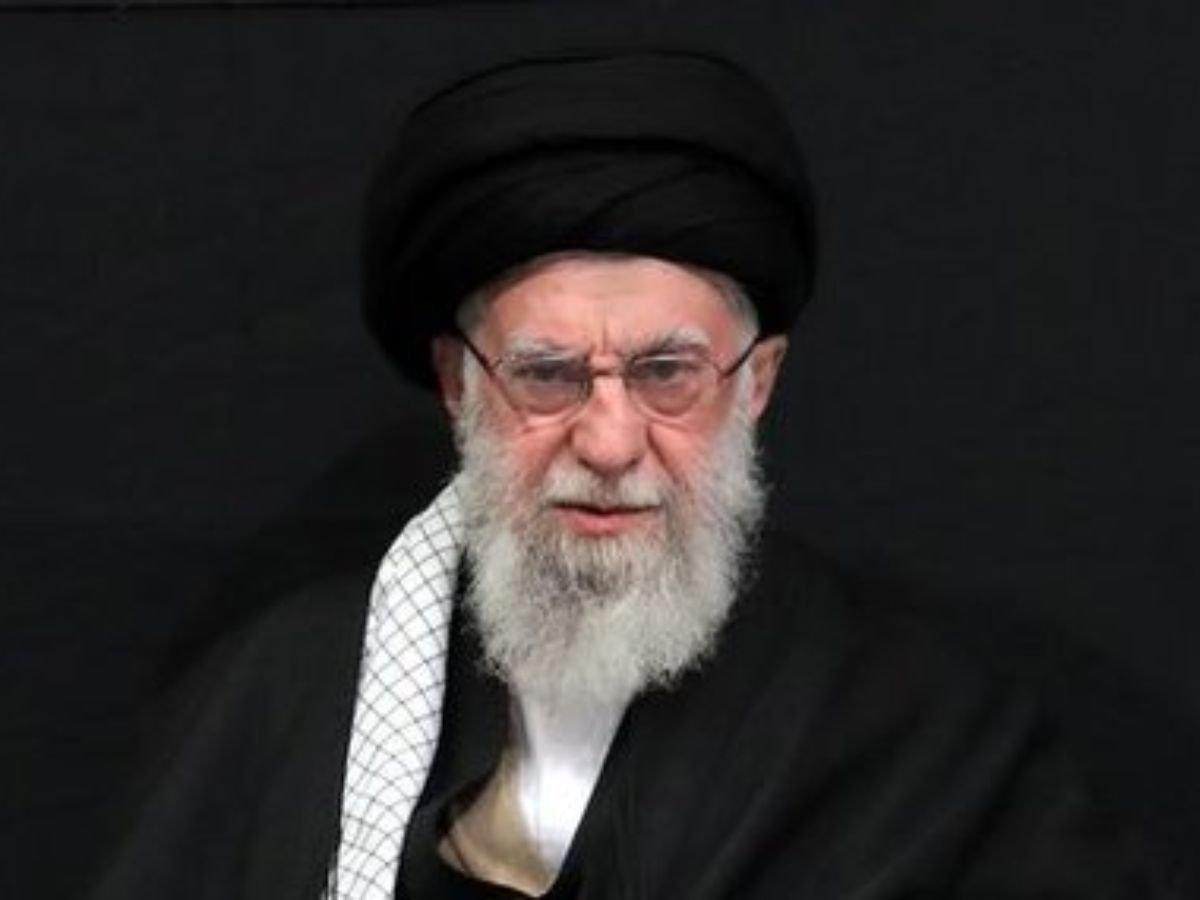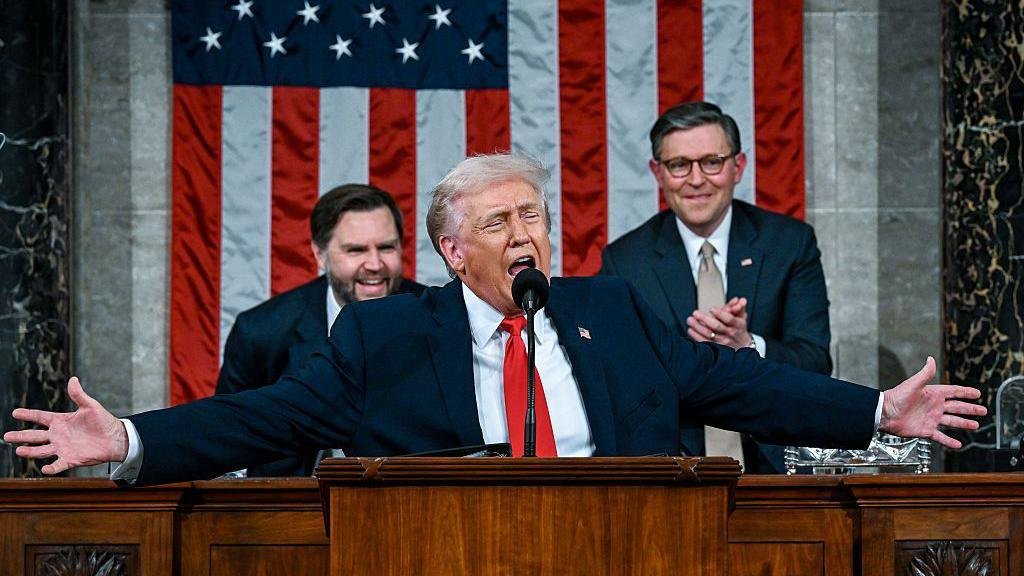The Su-35 is one of Russia’s most advanced fighter jets — a twin-engine, multirole aircraft designed for beyond-visual-range (BVR) combat.
Russia to Supply 48 Su-35 Fighter Jets to Iran. Following a 12-day war with Israel, Iran is reportedly preparing to modernize its air force by purchasing 48 Russian Su-35 fighter jets.
The deal, worth more than $7 billion, could significantly upgrade Iran’s air capabilities and deepen military cooperation between Tehran and Moscow.
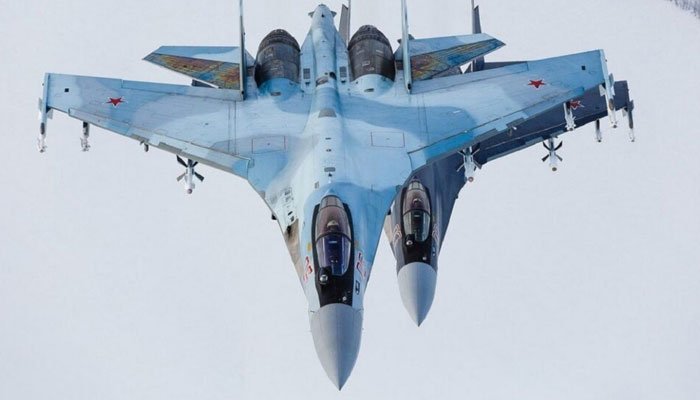
The report follows the online leak of classified documents, allegedly from Russia’s state defense conglomerate Rostec. While Iranian and Russian officials have not confirmed or denied the deal, analysts say the move could reshape the regional balance of power if proven correct.
It pertinent to mention that during the recent war with Israel, Iran had reportedly shot down 10 Israeli aircraft within an hour, according to Brigadier General Alireza Sabahifard.
There were rumors that Pakistan was supplying missiles to Iran during the war with Israel; however, Pakistan denied these claims amid the escalating Israel-Iran conflict.
Hacker leak reveals details of alleged arms deal
According to Newsweek, the documents released online by a hacker group called Black Mirror include more than 300 internal Rostec files outlining export contracts, pricing and delivery timelines.
The leaked materials show that Tehran plans to acquire 48 Su-35 multirole jets equipped with advanced electronic warfare systems and avionics packages developed by KRET, a major subsidiary of Rostec.
One document, labeled “Code 364,” is reportedly identical to Iran’s and outlines a $686 million program with deliveries between 16 and 48 months. That means the first aircraft could arrive by 2026, with the final shipment expected by 2028.
The files also mention the inclusion of the Khibiny-M electronic warfare system, which is designed to protect aircraft from enemy radars and missiles.
Why the deal is important
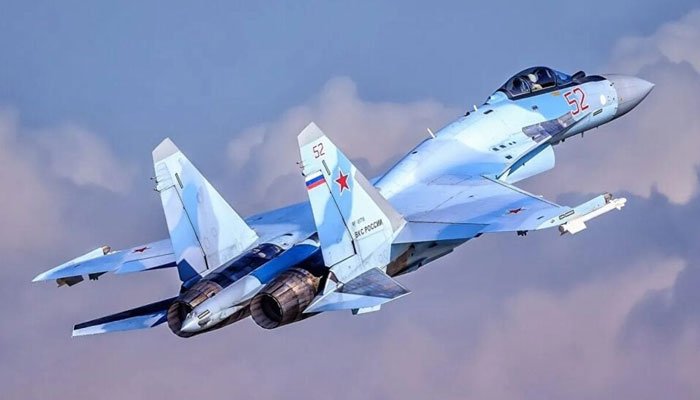
The potential Su-35 purchase comes after Iran’s recent 12-day conflict with Israel, during which US air strikes targeted Iranian nuclear facilities, exposing weaknesses in Iran’s aging air fleet.
Defense experts note that acquiring advanced fourth-generation fighter jets like the Su-35 would significantly improve Iran’s air defenses, deterrence capabilities, and ability to protect strategic infrastructure.
If confirmed, the deal would be one of the largest arms exports since Russia’s invasion of Ukraine, highlighting growing defense cooperation between the two heavily sanctioned countries.
Su-35 Capabilities
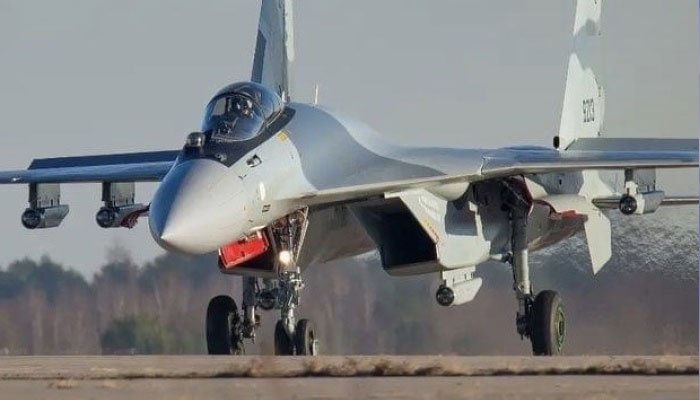
The Su-35 is one of Russia’s most advanced fighter jets — a twin-engine, multirole aircraft designed for beyond-visual-range (BVR) combat. It features thrust vectoring engines for high agility, an Irbis-E radar capable of tracking multiple targets, and a payload capacity of up to 8,000 kilograms of missiles and bombs.
The aircraft competes with top Western jets such as the F-15E Strike Eagle, F/A-18E/F Super Hornet, and Eurofighter Typhoon, making it a cornerstone of Russia’s export strategy.
Deepening Russia-Iran military ties
Reports of the deal come as Tehran and Moscow are expanding their strategic partnership. Just last month, Iran received a shipment of Russian MiG-29 fighter jets, further boosting its air power.
Earlier this year, the two countries signed a comprehensive strategic partnership agreement between Iran and Russia, which includes cooperation in defense, energy, and the economic sectors. The deal, which came into effect this month, is a sign of closer alignment between the two countries amid Western sanctions.
Algeria’s involvement in Rostec leak
Interestingly, the leaked Rostec documents also refer to “Code 012,” which includes Algeria. The file lists 12 Su-57E stealth fighters and $414 million worth of Su-34 support kits.
If confirmed, Algeria would become the first African country to operate the fifth-generation fighter jet, bolstering its military presence in the western Mediterranean.
Russia’s shrinking defense exports
The alleged Su-35 deal comes as Russia faces a sharp decline in global arms exports. According to the Jamestown Foundation, Russian defense shipments fell by 92 percent between 2021 and 2024, largely due to sanctions and the ongoing war in Ukraine.
As a result, major contracts with countries like Iran and Algeria are increasingly important for sustaining Russia’s defense industry and addressing wartime production challenges.
What happens next?
Neither Tehran nor Moscow has officially confirmed the existence of the deal. However, if confirmed, the deal would modernize Iran’s air force, enhance its regional defense capabilities, and mark a new era of Iran-Russia strategic cooperation.
Experts believe the deal could change the balance of air power in the Middle East, creating new challenges for the United States, Israel, and Gulf allies in the region.

